Licensed Structural Engineer in Arizona: Your Complete Guide to Choosing the Right Professional
When your Arizona home or commercial building needs structural expertise, hiring a licensed structural engineer isn’t just recommended—it’s often legally required. Whether you’re planning a major renovation in Phoenix, building a custom home in Scottsdale, or addressing foundation issues in Tucson, understanding what a licensed structural engineer does and how to choose the right one can save you thousands of dollars and ensure your project’s safety and success.
This comprehensive guide covers everything Arizona property owners need to know about licensed structural engineers, from understanding their qualifications to selecting the best professional for your specific project.
What Is a Licensed Structural Engineer?
A licensed structural engineer is a specialized civil engineer who has met rigorous educational, experiential, and examination requirements to legally design and evaluate structures. In Arizona, these professionals hold either a Professional Engineer (PE) license or the more specialized Structural Engineer (SE) license issued by the Arizona Board of Technical Registration.
The Difference Between PE and SE Licenses
Professional Engineer (PE) License: This is the standard engineering license that allows engineers to practice civil engineering, including structural work. To obtain a PE license in Arizona, engineers must complete a four-year ABET-accredited engineering degree, gain four years of qualifying work experience under a licensed engineer, and pass both the Fundamentals of Engineering (FE) exam and the Principles and Practice of Engineering (PE) exam.
Structural Engineer (SE) License: This is an advanced specialty license that demonstrates expertise specifically in structural engineering. The SE license requires passing the 16-hour Structural Engineering exam, which is one of the most challenging professional engineering exams. While Arizona recognizes both PE and SE licenses for structural work, an SE license indicates additional specialization in complex structural analysis and design.
Both license types legally authorize engineers to stamp and seal structural drawings and calculations in Arizona, making them responsible for the safety and code compliance of their designs.
What Does a Licensed Structural Engineer Do?
Licensed structural engineers in Arizona provide essential services across residential, commercial, and industrial projects. Their core responsibilities include:
Structural Design and Analysis
Licensed structural engineers design the skeletal framework of buildings, ensuring structures can safely withstand Arizona’s unique environmental challenges, including extreme heat, monsoon winds, seismic activity, and soil conditions that vary dramatically across the state. They calculate loads, select appropriate materials, and create detailed construction documents that contractors use to build safely.
Building Evaluations and Inspections
When you’re buying a property with structural concerns, dealing with visible cracks, or experiencing foundation settlement—common in Arizona’s expansive clay soils—a licensed structural engineer can assess the severity of problems and recommend cost-effective solutions. These evaluations are crucial for older homes in historic Phoenix neighborhoods or properties affected by Arizona’s soil movement.
Remodeling and Addition Plans
Removing a wall in your Tempe home? Adding a second story to your Chandler property? A licensed structural engineer ensures these modifications won’t compromise your building’s integrity. They design support systems, specify beam sizes, and provide engineered drawings required for Arizona building permits.
Foundation Design and Repair
Arizona’s desert climate and varying soil types present unique foundation challenges. Licensed structural engineers design foundations suited to local soil conditions and develop repair strategies for existing foundation problems, from minor settling to significant structural movement.
Code Compliance and Permitting
Licensed structural engineers ensure all designs meet Arizona’s adopted building codes, including the International Building Code (IBC) and the International Residential Code (IRC), along with local amendments. Their stamped drawings are required for permit approval by cities and counties throughout Arizona.
Why Arizona Building Codes Require Licensed Structural Engineers
Arizona law and local building departments require licensed engineer involvement for many projects to protect public safety. Understanding when you need a licensed structural engineer helps you budget appropriately and avoid permit delays.
When Arizona Law Requires a Licensed Structural Engineer
You’ll need a licensed structural engineer in Arizona for:
- Load-bearing wall removal or modification: Any changes to walls that support the weight of the structure above must be engineered and stamped by a licensed professional.
- Structural additions: Adding square footage, especially second stories, requires engineered plans to ensure the existing foundation and framing can handle additional loads.
- Foundation repairs: Significant foundation work, including underpinning, helical piers, or structural stabilization, requires engineering oversight.
- Commercial construction: Nearly all commercial projects require comprehensive structural engineering and stamped plans.
- Properties in special hazard areas: Homes in floodplains, high wind zones, or areas with known soil instability need additional engineering analysis.
- Large residential projects: Custom homes, significant renovations, and projects over certain square footages require structural engineering in most Arizona jurisdictions.
- Beam sizing and structural steel: Anytime structural beams or steel members are specified, a licensed engineer must calculate and specify appropriate sizes.
Building departments in Phoenix, Tucson, Mesa, Scottsdale, and other Arizona cities strictly enforce these requirements during plan review. Attempting to proceed without proper engineering can result in permit denial, construction delays, and potential liability issues.
How to Choose the Right Licensed Structural Engineer in Arizona
Selecting a qualified licensed structural engineer requires more than just finding someone with the right credentials. Here are the essential questions to ask and factors to consider when hiring a structural engineer for your Arizona project.
1. Verify Their Arizona License and Credentials
Before discussing your project in detail, confirm the engineer holds a current Arizona PE or SE license. You can verify licenses through the Arizona Board of Technical Registration website by searching the engineer’s name or license number. This quick step ensures you’re working with a legitimate professional authorized to practice in Arizona.
Look for additional credentials that demonstrate expertise:
- SE license: Indicates advanced structural engineering specialization
- ASCE membership: Shows involvement with the American Society of Civil Engineers
- SEAoA membership: The Structural Engineers Association of Arizona membership indicates commitment to local industry standards and continuing education
- LEED certification: Relevant if you’re pursuing sustainable or green building goals
2. Assess Their Arizona Project Experience
Arizona’s building environment is unique. Structural engineers familiar with local conditions will design more appropriate, cost-effective solutions. Ask about their experience with:
- Arizona soil conditions: Experience with caliche, expansive clays, and varying soil bearing capacities across different Arizona regions
- Desert climate considerations: Understanding of thermal expansion, extreme temperature fluctuations, and weathering effects specific to Arizona
- Local seismic requirements: Arizona has specific seismic design requirements, particularly in areas like Yuma and along the Arizona-Mexico border
- Monsoon wind loads: Engineers should understand Arizona’s seasonal high winds and their impact on structural design
- Regional building codes: Each Arizona jurisdiction may have unique amendments to standard codes
Request examples of similar projects they’ve completed in your area. An engineer who has worked extensively in Phoenix understands different requirements than one who primarily works in Flagstaff, where snow loads become a significant factor.
3. Review Their Residential vs. Commercial Experience
Structural engineers often specialize in either residential or commercial work, though many handle both. If you’re a homeowner, you want someone comfortable with residential projects who can explain technical concepts in accessible terms. For commercial projects, look for engineers experienced with the specific building type you’re developing—whether retail, office, industrial, or multi-family.
Ask for their project portfolio and request to see:
- Similar building types to your project
- Projects of comparable size and complexity
- Recent work that demonstrates current code knowledge
- Examples of successful permit approvals with Arizona municipalities
4. Understand Their Process and Timeline
A professional licensed structural engineer should clearly explain their workflow for your specific project. A typical process includes:
- Initial consultation: Site visit and project discussion to understand your goals and constraints
- Structural assessment: Evaluation of existing conditions (for renovation projects)
- Preliminary design: Initial structural concepts and approach
- Engineering calculations: Detailed structural analysis and load calculations
- Construction drawings: Stamped plans suitable for permit submission
- Plan review support: Responses to building department comments or questions
- Construction observation (optional but recommended): Site visits during key construction phases
Ask for a realistic timeline. Simple residential projects might take 2-4 weeks, while complex commercial structures could require several months. Engineers who promise unusually fast turnaround times may cut corners or have capacity issues that could delay your project.
5. Clarify Their Knowledge of Arizona Permitting
Every Arizona city and county has unique permitting requirements and review processes. Phoenix operates differently than Tucson, and Maricopa County has different standards than Pima County. An experienced Arizona structural engineer should:
- Prepare plans formatted for your local jurisdiction’s requirements
- Understand typical plan review timelines in your area
- Know how to address common plan check comments
- Have established relationships with local building departments
- Be available to answer questions during the permit review process
Ask directly: “How many projects have you permitted with [your specific city/county]?” Their answer will reveal their familiarity with your local process.
6. Get Transparent Fee Structures
Structural engineering fees in Arizona vary based on project complexity, building size, location, and the engineer’s experience level. Residential projects typically range from $1,500 to $5,000 for straightforward work like beam sizing or simple additions, while complex custom homes or commercial buildings can run $10,000 to $50,000 or more.
Request a detailed proposal that outlines:
- Scope of services: Exactly what work is included
- Deliverables: What you’ll receive (calculations, drawings, specifications)
- Fee structure: Flat fee, hourly rate, or percentage of construction cost
- Revision policy: Cost for design changes or additional iterations
- Site visit fees: Whether construction observation is included or additional
- Permit support: If assistance with plan check responses is included
- Payment schedule: Deposit requirements and milestone payments
The lowest price isn’t always the best value. An experienced engineer who prevents costly construction errors or redesigns can save significantly more than their higher fee. However, all quotes should be reasonable for the Arizona market and the project scope.
7. Evaluate Communication and Availability
Strong communication prevents misunderstandings, delays, and costly mistakes. During your initial conversations, assess:
- Responsiveness: Do they return calls and emails promptly?
- Clarity: Can they explain technical concepts in understandable terms?
- Listening skills: Do they understand your goals and constraints?
- Availability: Will they be accessible during construction for questions?
Ask about their typical response time for contractor questions during construction. The best structural engineers remain available for Requests for Information (RFIs) and unexpected site conditions that may require design modifications.
8. Request References and Check Reviews
Reputable licensed structural engineers should readily provide references from recent clients. Contact at least three references and ask:
- Was the project completed on time and within budget?
- Were the plans approved without significant issues?
- How did the engineer handle unexpected problems?
- Would they hire this engineer again?
- Did contractors find the plans clear and buildable?
Also check online reviews on Google, Yelp, and industry-specific platforms. Look for patterns in feedback regarding professionalism, accuracy, and customer service.
Red Flags to Avoid When Hiring a Structural Engineer
Protect yourself by watching for these warning signs:
- No verifiable license: Anyone offering structural engineering services in Arizona must hold a valid PE or SE license
- Unwillingness to provide references: Legitimate professionals have satisfied clients willing to speak on their behalf
- Vague or unclear proposals: Professional engineers provide detailed scopes of work and fee structures
- Pressure tactics: Reputable engineers don’t pressure you into immediate decisions
- No errors and omissions insurance: Licensed engineers should carry professional liability insurance
- Unfamiliarity with local codes: Arizona-specific experience is crucial for successful projects
- Poor communication: If they’re difficult to reach during the proposal phase, expect worse during the project
Common Structural Engineering Projects in Arizona
Understanding typical projects helps you recognize whether an engineer has relevant experience:
Residential Projects
- Foundation evaluations for properties with settlement or cracking issues
- Load-bearing wall removal for open-concept floor plans
- Second-story additions on single-story homes
- Room additions and expansions
- Garage conversions to living space
- Patio covers and large shade structures (Arizona’s heat makes these popular)
- Pool deck and retaining wall design
- Seismic retrofitting for older homes
- Repair of monsoon wind damage
Commercial Projects
- Multi-family apartment and condominium buildings
- Retail centers and shopping plazas
- Office buildings
- Industrial warehouses and manufacturing facilities
- Restaurant and hospitality structures
- Medical facilities
- Educational buildings
- Tenant improvement projects requiring structural modifications
The Cost of Structural Engineering Services in Arizona
While costs vary, understanding typical fee ranges helps you budget:
Residential Projects:
- Simple beam calculations: $800 – $2,000
- Load-bearing wall removal: $1,200 – $3,000
- Foundation evaluation: $1,500 – $4,000
- Room addition design: $2,000 – $5,000
- Complete custom home design: $5,000 – $20,000+
Commercial Projects:
- Small tenant improvements: $3,000 – $10,000
- Multi-family buildings: $15,000 – $50,000+
- Large commercial structures: $50,000 – $200,000+
These ranges reflect typical Arizona market rates. Factors affecting cost include project complexity, building size, soil conditions, code requirements, and the engineer’s experience level.
Arizona-Specific Structural Considerations
Licensed structural engineers in Arizona must account for unique regional factors:
Expansive Soils
Many parts of Arizona, particularly in the Phoenix Valley, have expansive clay soils that shrink and swell with moisture changes. This causes foundation movement and requires special foundation designs, including post-tensioned slabs, deeper footings, or specialized drainage systems.
Extreme Temperature Fluctuations
Daily temperature swings of 40-50°F are common in Arizona, causing thermal expansion and contraction that engineers must consider in material selection and connection design.
Monsoon Winds
Summer monsoon storms bring sudden, powerful winds that can exceed 70 mph. Structural engineers must design roof systems, shade structures, and tall buildings to withstand these forces.
Seismic Activity
While not as seismically active as California, Arizona does experience earthquakes, particularly near the Arizona-Mexico border and in areas like Yuma. Buildings must meet seismic design requirements based on location.
Low Humidity Effects
Arizona’s dry climate affects material selection and construction details, particularly for wood framing, masonry, and exterior finishes.
Working With Your Licensed Structural Engineer: Best Practices
Maximize the value of your structural engineering investment:
Provide Complete Information
Share all relevant details about your project, including:
- Property survey and title information
- Existing building plans (if available)
- Soil reports or geotechnical studies
- Previous inspection reports
- Budget constraints
- Project timeline requirements
Be Available for Site Visits
Plan to be present during the engineer’s initial site visit to answer questions and discuss your vision for the project.
Ask Questions
If you don’t understand something in the plans or calculations, ask for clarification. Good engineers welcome questions and explain their design decisions.
Follow Recommendations
Structural engineers base their designs on safety factors and code requirements. Avoid requesting changes that compromise structural integrity to save costs.
Include the Engineer During Construction
Having your engineer available for construction questions ensures the project is built as designed and problems are addressed quickly.
The Bottom Line: Choosing Your Arizona Licensed Structural Engineer
Hiring the right licensed structural engineer in Arizona protects your investment, ensures code compliance, and provides peace of mind that your structure is safe and sound. Take time to verify credentials, assess experience with Arizona-specific challenges, review past projects, and ensure clear communication.
For Arizona property owners, whether in Phoenix, Tucson, Scottsdale, Mesa, Chandler, Flagstaff, or any other community across the state, working with an experienced, licensed structural engineer is essential for successful residential and commercial projects.
The right structural engineer becomes a trusted partner who understands not just structural mechanics, but also Arizona’s unique climate, soil conditions, building codes, and permitting processes. By asking the right questions and following the guidance in this comprehensive guide, you’ll be well-equipped to select a licensed structural engineer who will help bring your project to successful completion while ensuring the safety and longevity of your structure.
Ready to discuss your Arizona structural engineering project? Contact Schembri Engineers to speak with experienced, licensed structural engineers who understand Arizona’s unique building environment and are committed to delivering safe, code-compliant, and cost-effective structural solutions for your residential or commercial project.
Call Schembri Engineers Today
Your trusted Arizona partner for Inspections, Evaluations, and Engineering Services
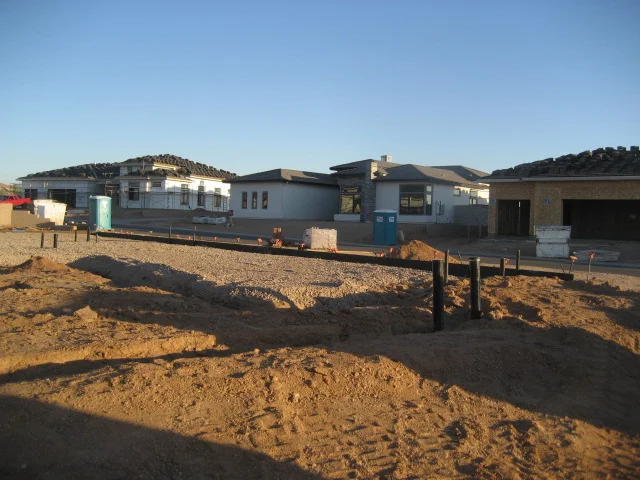


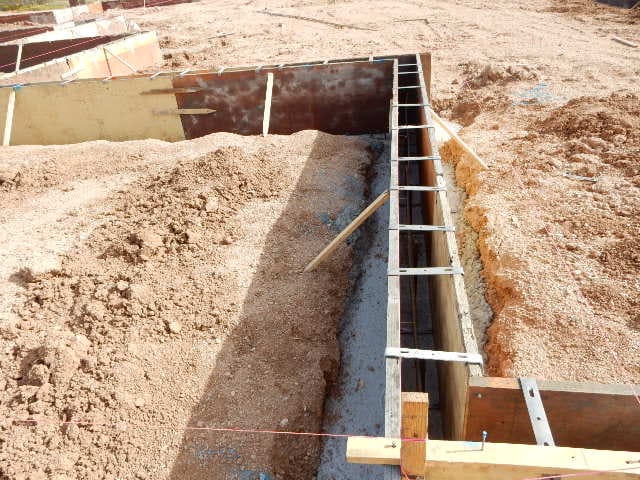
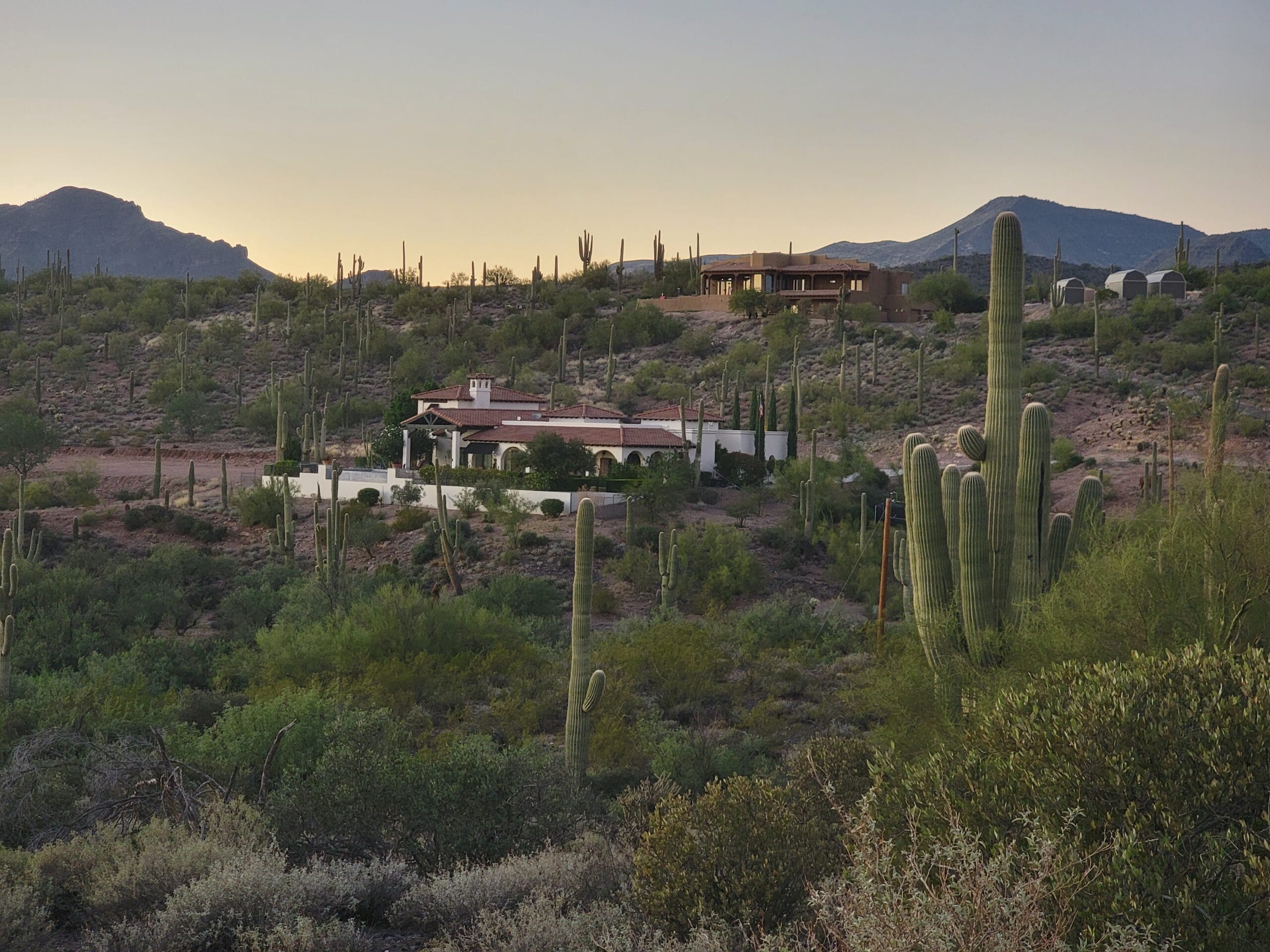
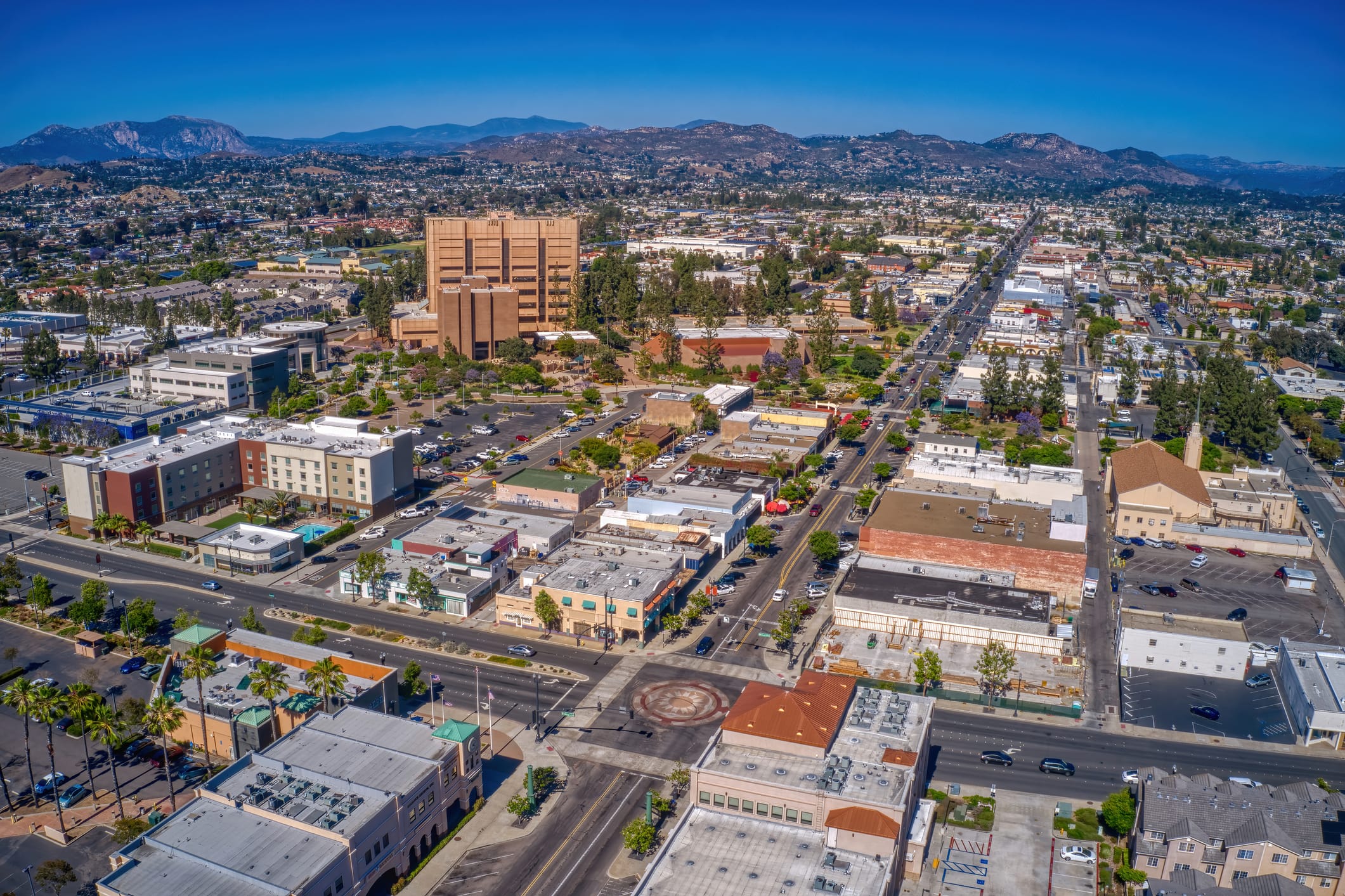
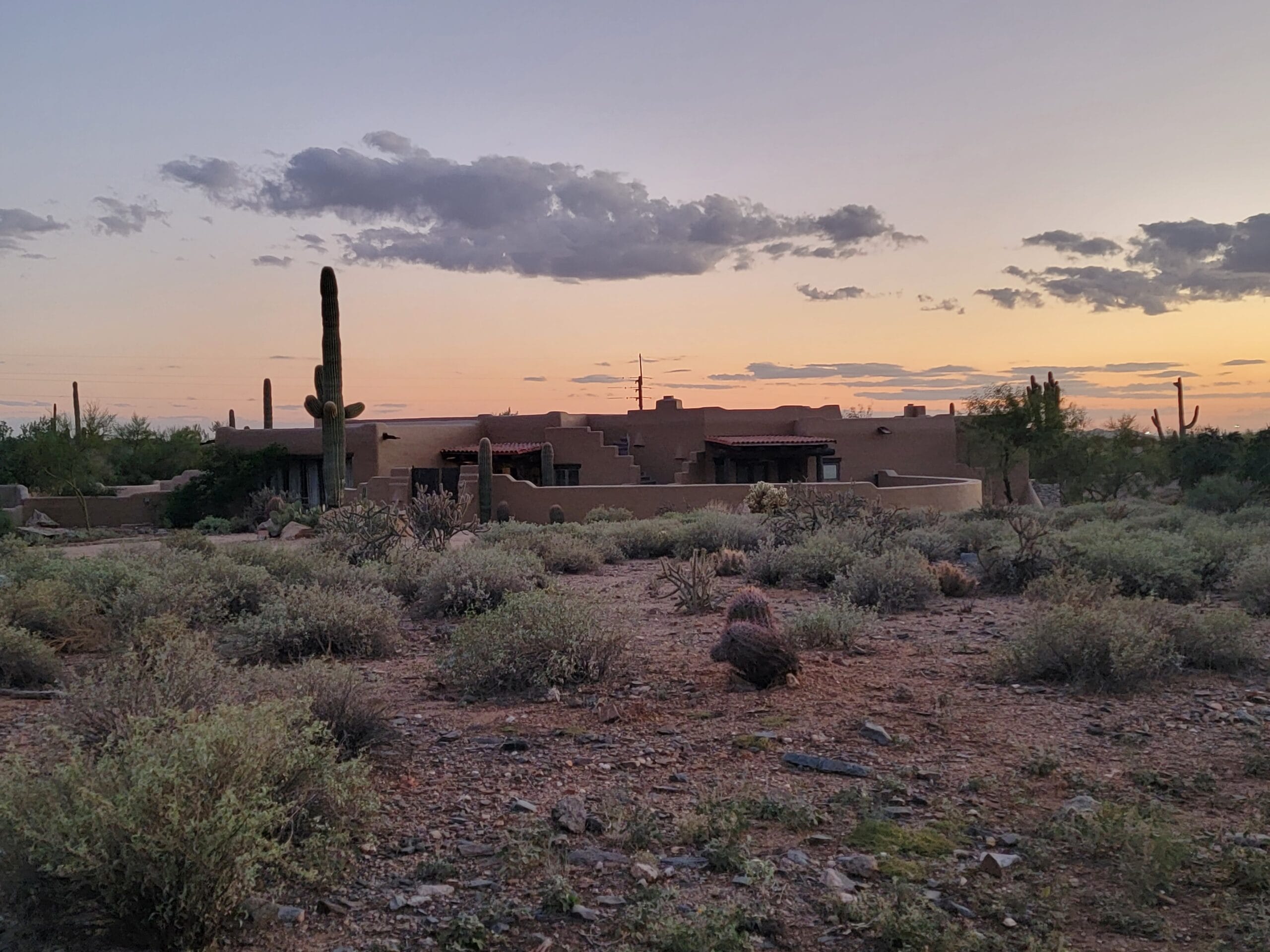
Related Posts